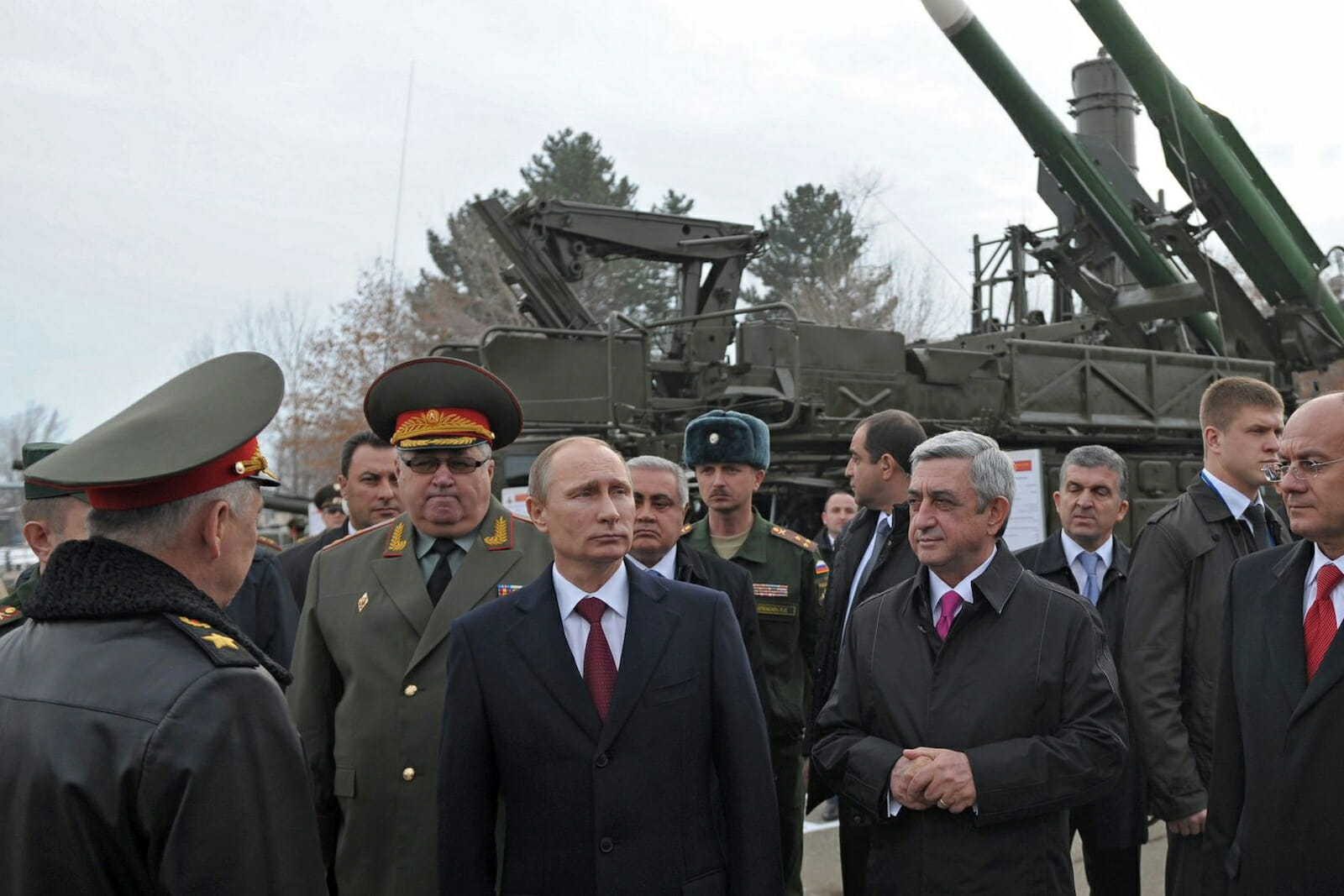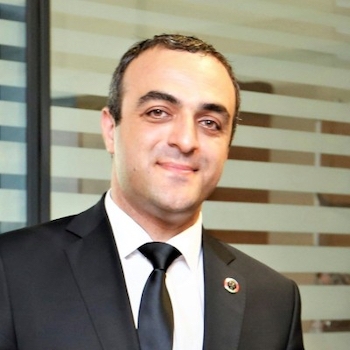
The Southern Caucasus within the Context of the Crimea Crisis
The Crimea incident, which occurred against the background of heightened tensions between the West and Russia, might reveal the ambitions of some political forces that took advantage of the opportunity in Kyiv. Although I am not passing judgment on either the West or Russia it must be said that the escalation of this type in the post-Soviet era is not promising for the future of the region. During the crisis, views within the Southern Caucasus differed significantly from other post-Soviet states. Even before the crisis, it was clear that Georgia leaned heavily towards the West. However, Armenia’s favoring the Russian initiated Customs Union instead of the Association Agreement with the European Union, which was to have been signed in Vilnius in November of 2013 along with Ukraine, surprised the world community. While surprising, it should be taken into account that from 2007-2013 the European Union gave Armenia grants in the amount of €295 million for development and reconstruction projects. This amount exceeded 10% of the Armenian budget in 2013.
Azerbaijan voted in the UN General Assembly on the adoption of a resolution calling upon states not to recognize changes in the status of Crimea and was one of the 100 states that voted in favor of the territorial integrity of Ukraine. Garen Nazarian, the Armenian Ambassador to UN, tactfully accused those who voted for the resolution of colonialist behavior.
It is not surprising that this accusation by the Armenian Ambassador was called shameful by Alexandre Arzumanyan, an Armenian MP. In contrast, Elmar Mammadyarov, the Minister of Foreign Affairs, openly declared Azerbaijan’s support of the territorial integrity of Ukraine. International law does recognize the principle of self-determination.
The Armenian state was established in 1918. Shortly after regaining independence in 1991 20% of Azerbaijan territory was occupied and almost 1 million people were expelled and became IDPs. Even today people of the Southern Caucasus, both Armenians, and Azerbaijanis, are suffering from the consequences of this conflict. Recently, Wayne Merry, at the American Foreign Policy Council in Washington, DC voiced a very interesting conclusion. According to Merry, the US lost an opportunity of being involved in the Southern Caucasus in several regional projects.
Serzh Sargsyan, the President of Armenia, called Russian President Vladimir Putin and expressed his support of the Crimean referendum. Prior to this, Andranik Manukyan, the Armenian Ambassador to Ukraine had been invited to Ukraine’s Ministry of Foreign Affairs in order to identify whether Armenia supported the referendum. In addition, the Armenian population of the unrecognized Republic of Nagorno-Karabakh held a solidarity rally complete with rhetoric in support of the Crimean referendum. The slogan of the rally was the right of self-determination of nations.
However, Russia does not recognize the Nagorno-Karabakh Republic separate from the territorial integrity of Azerbaijan. In addition, Russian journalist Maxim Shevchenko, in an interview said: “Attempts to compare the Crimea and the Karabakh conflicts are radically wrong. Status-quo over Karabakh is a result of war and there are thousands of people were killed and some hundred thousands were expelled to leave the lands where they used to live for centuries. As opposed to Karabakh conflict, there was not any ethnic cleansing in the Crimean crisis.” According to Shevchenko, in order to hold a legal referendum on self-determination in Karabakh, displaced Azerbaijani from Karabakh have to return back to their homeland and only then will the referendum be legal.
The Crimea crisis has produced both political and legal assessments. The Venice Commission, an advisory body of the Council of Europe, composed of independent experts in the field of constitutional law, adopted a resolution on March 21st on the legality of the Crimean referendum. An excerpt from the resolution reads: “The principle of territorial integrity commands very widespread recognition – whether express or tacit – in constitutional law. On the other hand, constitutional law just as comprehensively rules out secession or the redrawing of borders. This should come as no surprise since that branch of law is the very foundation of the state, which might be deprived of one of its constituent parts if such possibilities were provided for.”
The position of Armenia regarding this conflict is not accepted by the West. Carl Bildt, Sweden’s Minister of Foreign Affairs suggested that it is impossible to consider conditions in Armenia in the same political league as Ukraine.
In the final analysis, Ukraine played the role of a political training ground for both the West and Russia. It is too early to forecast winners, however, the position of the US in this conflict was peaceful and constructive, which deserves merit because the legal fact is that Russian forces violated the territorial integrity of Ukraine. Maybe the following conclusion by George Friedman of Stratfor Global Intelligence is helpful: “Having encouraged Ukrainian independence, the United States — in trying to protect that independence and the independence of other countries in the region — is creating an alliance structure that will include countries, such as Azerbaijan…”

